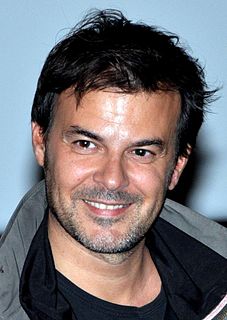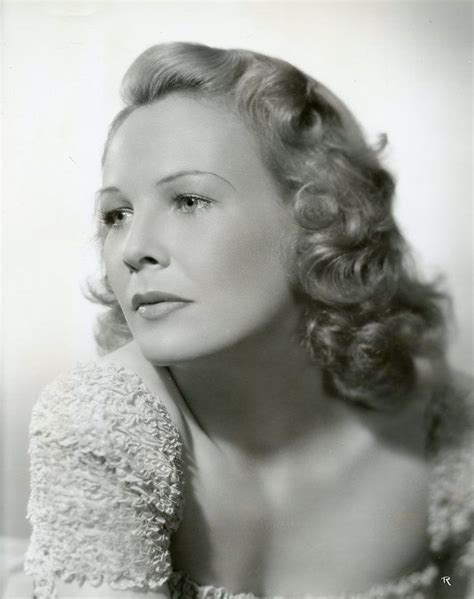A Quote by Francois Ozon
It's funny how people want to sometimes think that Young and Beautiful film is about all adolescents, but it's just the case of one girl. It doesn't mean all the adolescents are like that, of course.
Related Quotes
To me, the hope lies in adults forgetting about their retirement and turning toward the adolescents and helping pull the adolescents over that mysterious line drawn on the ground into adulthood. If we don't do that, the adolescents are going to stay exactly where they are for the next 30 or 40 years.
Why do children want to grow up? Because they experience their lives as constrained by immaturity and perceive adulthood as a condition of greater freedom and opportunity. But what is there today, in America, that very poor and very rich adolescents want to do but cannot do? Not much: they can do drugs, have sex, make babies, and get money (from their parents, crime, or the State). For such adolescents, adulthood becomes synonymous with responsibility rather than liberty. Is it any surprise that they remain adolescents?
I had in mind a case close to my family, friends of my parents, who seemed to be the perfect bourgeois family, and a young boy, who when he was 17, committed suicide. It was such a shock. The parents didn't understand. Nobody understood why he did that. Everybody was exploring his life, trying to understand what the problem was. Everybody had a feeling that this guy had the perfect life: he was beautiful, he was clever... but he did that. I had that in mind, about Isabelle in Young and Beautiful, for the parents to see adolescents like aliens.
To spend any time with someone who is among the top five film composers of the last 50 years is pure gold dust. I mean, not necessarily stylistically, because everyone is different in what their music sounds like, but the approach and how to look at a film, how to think about a film, how to decide what you want to do, how to think about characters, how to think about art, how to think about narrative, how to liaise with producers, how to liaise with directors.
It is an odd fact that what we now know of the mental and emotional life of infants surpasses what we comprehend about adolescents. . . . That they do not confide in us is hardly surprising. They use wise discretion in disguising themselves with the caricatures we design for them. And unfortunately for us, as for them, too often adolescents retain the caricatured personalities they had merely meant to try on for size.
Adolescents' immature thinking makes it difficult for them to process the divorce. They tend to see things in black-and-white terms and have trouble putting events into perspective. They are absolute in their judgments and expect perfection in parents. They are likely to be self-conscious about their parent's failures and critical of their every move. They have the expectations that parents will keep them safe and happy and are shocked by the broken covenant. Adolescents are unforgiving.
You'd think that it was really hard for me to turn into North Carolina prostitute, but I didn't think of her like that. I just thought there were a lot of similarities. She loves art and she loves beautiful things, and in that regard, she's a girl, I'm a girl. We love beautiful things, we want adventure, we just want to be loved. She just really wants a family and to be safe. I think everyone wants that. I just came from it from that point of view rather than, "Oh, this girl is so different from me. How on Earth am I going to play her?"




































